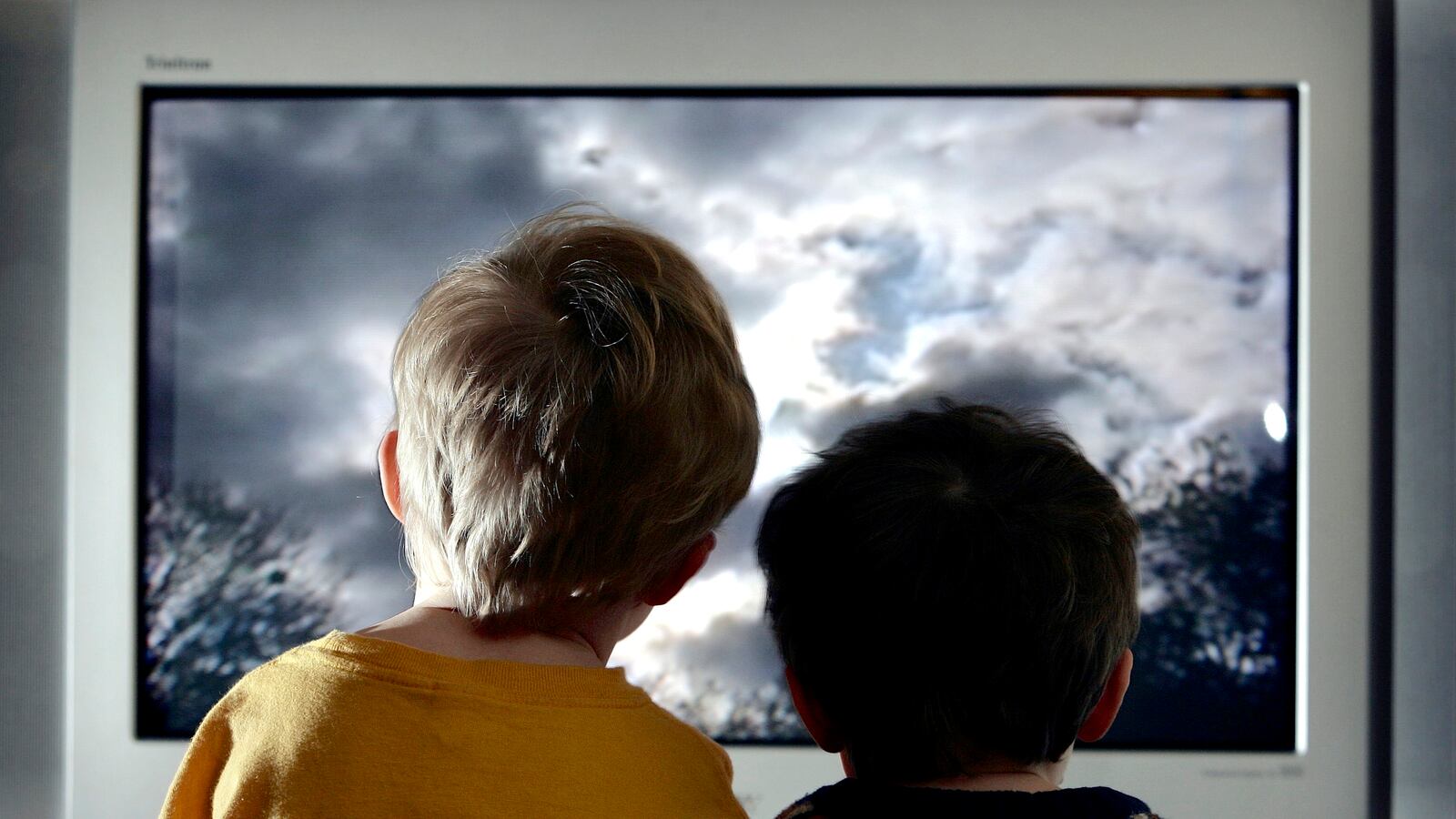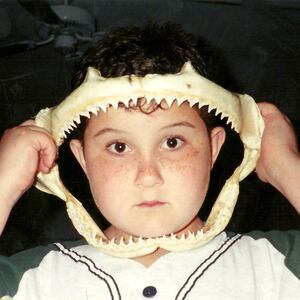While fame and fortune are an ever-enticing dream, few things seem less appealing than being a child star, and HBO’s Showbiz Kids (premiering July 14) certainly reinforces that feeling. Awash in anecdotes about the ways in which the industry—and the attendant hunger for the spotlight that consumes both children and parents—warps, alienates and exploits kids, it’s a documentary which illustrates that, sometimes, being nobody is far healthier, and more fulfilling, than being well-known.
Sexual misconduct is the dark cloud hovering over Showbiz Kids, and it comes to the fore when former Diff’rent Strokes star Todd Bridges recalls being molested as a child—a disclosure that, according to Evan Rachel Wood, isn’t unique, as she claims, “In my experience, I know a lot of kids that grew up in the industry. And what surprised me when I got older was finding out that pretty much all of the young men were abused in some way, sexually.” She then relays that, at a recent Golden Globes gala, she watched a pedophile (whom she doesn’t name) win an award, and had to walk out because she was so disgusted by the praise being lavished upon this monster. As she departed, she thought to herself, “I don’t know if I can do this anymore. I can’t keep watching this happen. I don’t know how to handle this. This has to stop.”
Those moments are definitely the ugliest, and most eye-opening, in Showbiz Kids. Written and directed by Alex Winter, whose big breaks came in Joel Schumacher’s 1987 Brat Pack vampire thriller The Lost Boys and 1988’s Bill & Ted’s Excellent Adventure, the film knows whereof it speaks. An opening photo montage of illustrious young luminaries, from Shirley Temple and Mickey Rooney to Ron Howard, Drew Barrymore, and Mary-Kate and Ashley Olsen, climaxes with a portrait of Winter himself, thereby underlining that this project is not only near and dear to his heart, but one driven by first-hand knowledge of the kinds of ups and downs endured by its marquee subjects.
Considering Winter’s familiarity with this topic, it’s mildly disheartening that Showbiz Kids isn’t more personal; although the actor has worked in the business for more than three decades, and admitted in 2018 that he suffered “hellish” sexual abuse at the hands of an adult man during the 1970s, his own experiences are conspicuously absent from these proceedings. Such reserve is in keeping with the overarching nature of his documentary, which largely avoids tabloid-y tales, and Winter’s reticence on that front comes across as being motivated by respectfulness. Yet it also makes Showbiz Kids seem like it’s pulling its punches—an impression exacerbated by the fact that, when it does touch upon the nasty side of the industry for pint-sized performers, it does so only fleetingly.
That’s most apparent in the case of Bridges. Though he didn’t die of an overdose like his Diff’rent Strokes co-star Dana Plato, Bridges’ drug addiction made for sensationalistic headlines, as did his multiple run-ins with the law—including being charged, and acquitted, of killing his dealer. Nonetheless, those incidents are cursorily addressed, as if the film were afraid that delving too deeply into such muck might reconfigure the material as a cautionary tale. Many of its speakers candidly discuss their struggles grappling with their new celeb-reality, but there’s a sense here that everyone is hesitant to truly decry a system that spits up and chews out kids with startling rapidity, and with little regard for the emotional and psychological scars it leaves behind.
Still, if uninterested in picking at old scabs, Showbiz Kids doesn’t wholly shy away from the unseemly. With notable distress in her eyes, Wood discusses being pushed into the profession by an artistic clan, and how her success compelled her to silence herself, since she believed that any complaints would be viewed as ingratitude by friends and family. Both Wil Wheaton and Milla Jovovich confess that they too were thrust into acting by mothers who sought to fulfill their own aspirations through their kids. And Henry Thomas remembers the intense social ostracization he suffered in his San Antonio hometown after E.T. became a global phenomenon, and how he was later squeezed out of the business as a teen when casting directors decided he’d outgrown his appeal.
Bolstering these accounts is a collection of excellent behind-the-scenes clips and audition videos, including the teary-eyed tryout that nabbed Thomas his role in Steven Spielberg’s sci-fi classic. That footage, along with publicity photos, conveys the strangeness of child stardom, where kids unnaturally primp and pose for the camera—as Jovovich did in sexualized modeling shoots that she astutely states would never be allowed today. It’s too bad, then, that Showbiz Kids often just skims the surface. Jada Pinkett Smith briefly opines about helping her kids Jaden and Willow navigate modern fame, and the late Cameron Boyce reflects on transitioning into adulthood after being raised in a bizarre, hyper-coddling Disney bubble. Those and other intriguing threads (like the impact social media has on current kid stars) are raised only to be promptly dropped for the next mildly interesting story.
Showbiz Kids also follows two aspiring kid stars—Orlando native Marc Slater, who along with his mom travels to Los Angeles for pilot season; and New Yorker Demi Singleton, a vet with Broadway’s School of Rock and The Lion King on her résumé—as they search for the gig that will forever transform their fortunes. Their plights don’t reveal much, other than that striving for stardom means sacrificing much of what constitutes a normal life, as Demi learns when her summer sleepaway camp plans are shelved for additional auditions. Whereas in-depth portraits of these two might have provided a new perspective on this surreal career path, what’s presented is short on revelatory insights.
In Showbiz Kids’ best archival clip, young Mara Wilson (Mrs. Doubtfire, the 1994 Miracle on 34th Street remake, Matilda) loses her tooth during a TV interview, and the look of surprise, horror and fear that washes over her face speaks volumes about the crushing expectations put upon kid actors. That pressure is addressed more overtly in many of its one-on-one chats—including by Wilson herself, who appears to have emerged on the other side of her Hollywood tenure as a happy and well-adjusted adult—but never more powerfully than in that quick video, which epitomizes the illusory weirdness of living one’s formative early years in front of millions of eyes.


